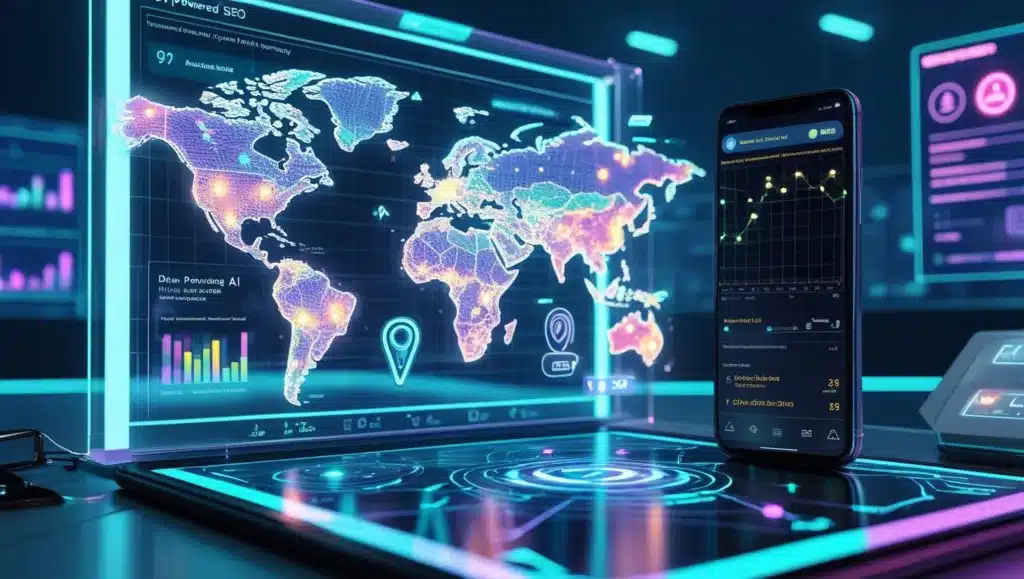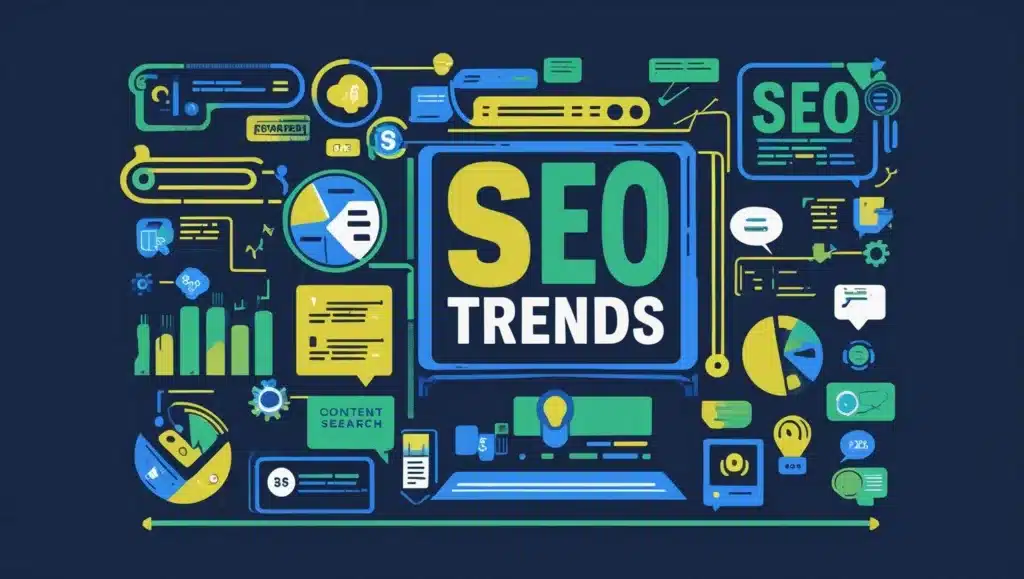Loading

Search engine optimization (SEO) is changing in a big way. The old methods like stuffing keywords and getting lots of backlinks are no longer enough. Now, it’s all about how Artificial Intelligence (AI) understands your content and what users are really looking for.
As we move closer to 2026, two important terms are becoming key to success online: GEO (Generative Engine Optimization) and AI SEO.
In this blog, we’ll explain what GEO means, how AI is changing the rules of SEO, and what steps you can take to stay ahead in the new AI-powered world of search

The term “GEO” used to mean “geographical” optimization, like targeting local search results. But now, it has a new and deeper meaning: Generative Engine Optimization.
Generative Engine Optimization (GEO) means creating content that works well with AI-powered search engines and tools like Google’s AI Overviews, ChatGPT, Gemini, Perplexity AI, and other large language models (LLMs). Instead of just trying to rank for keywords, GEO focuses on writing content that AI can easily understand and use to give clear, helpful, and natural answers to users.

AI is not just a tool; it’s the very fabric of the evolving search landscape. Here’s how AI is deeply impacting SEO, with a gaze towards 2026:
AI Overviews (Search Generative Experience – SGE) Domination:
The Rise of Large Language Models (LLMs) and Alternative Search:
Hyper-Personalization and Contextual AI:
Multimodal Search (Voice, Visual, Video) Dominance:
E-E-A-T and Brand Signals on Steroids:
AI-Augmented Content Creation and Optimization:
Hyper-Local SEO with Predictive Intent:

The landscape of SEO in 2026 will be defined by the accelerating influence of AI. The key to staying ahead won’t be a one-time fix, but rather a commitment to continuous learning, adaptation, and a deep understanding of how AI interacts with both content and users. By focusing on Generative Engine Optimization, creating truly helpful and authoritative content, and embracing the power of AI tools responsibly, you’ll be well-positioned to thrive in the future of search.